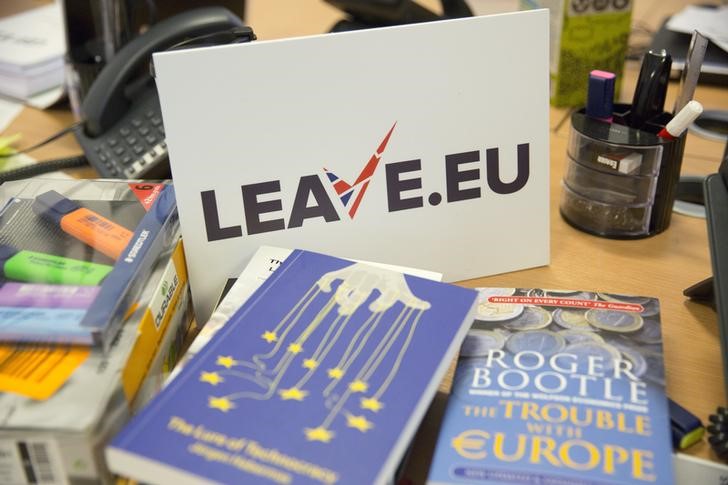By Kylie MacLellan
LONDON (Reuters) - Britain's electoral watchdog has issued fresh guidance for businesses on how to ensure they do not fall foul of campaign spending rules in the run-up to a June 23 referendum on membership of the European Union.
Earlier this month, several leading banks told Reuters they had taken legal advice on how to make sure they comply with electoral rules, with some issuing guidance to staff on how to avoid breaching them.
Electoral law bars all organisations and individuals from spending more than 10,000 pounds on influencing the outcome during the campaign, unless they formally register as campaigners.
Ahead of the start of the official campaign period on April 15, the Electoral Commission issued a 5-page factsheet on Monday, giving a range of examples to help organisations determine what kind of spending would fall under the rules.
"Many of your activities will not meet the test for referendum spending. Business as usual activities are not usually aimed at voters and may not reach a value judgement on the two outcomes at the referendum," the guidance said.
"You will need to decide whether your spending is intended to, or is otherwise in connection with, promoting or bringing about a particular outcome in the referendum."
The commission said research reports that make a judgement on which referendum outcome is preferred, or use positive or negative language rather than taking a neutral tone are more likely to count as referendum campaigning.
It also asked businesses to consider the audience for such reports, pointing out those promoted online or to the media rather than just clients could be seen as seeking to influence the wider voting public.
Spending on surveys used to gather information to promote one side of the debate will count as referendum spending, the watchdog said, while holding an event where speakers from both sides of the argument are represented is unlikely to.
Providing professional advice which is connected to the referendum, or a company mentioning the potential risks of the vote in its annual report are both within the rules, as long as they do not seek to bring about a particular outcome.
Events looking at how organisations prepare for the result of the vote are unlikely to count as referendum spending unless they make a value judgement on which outcome is preferred, it added.
